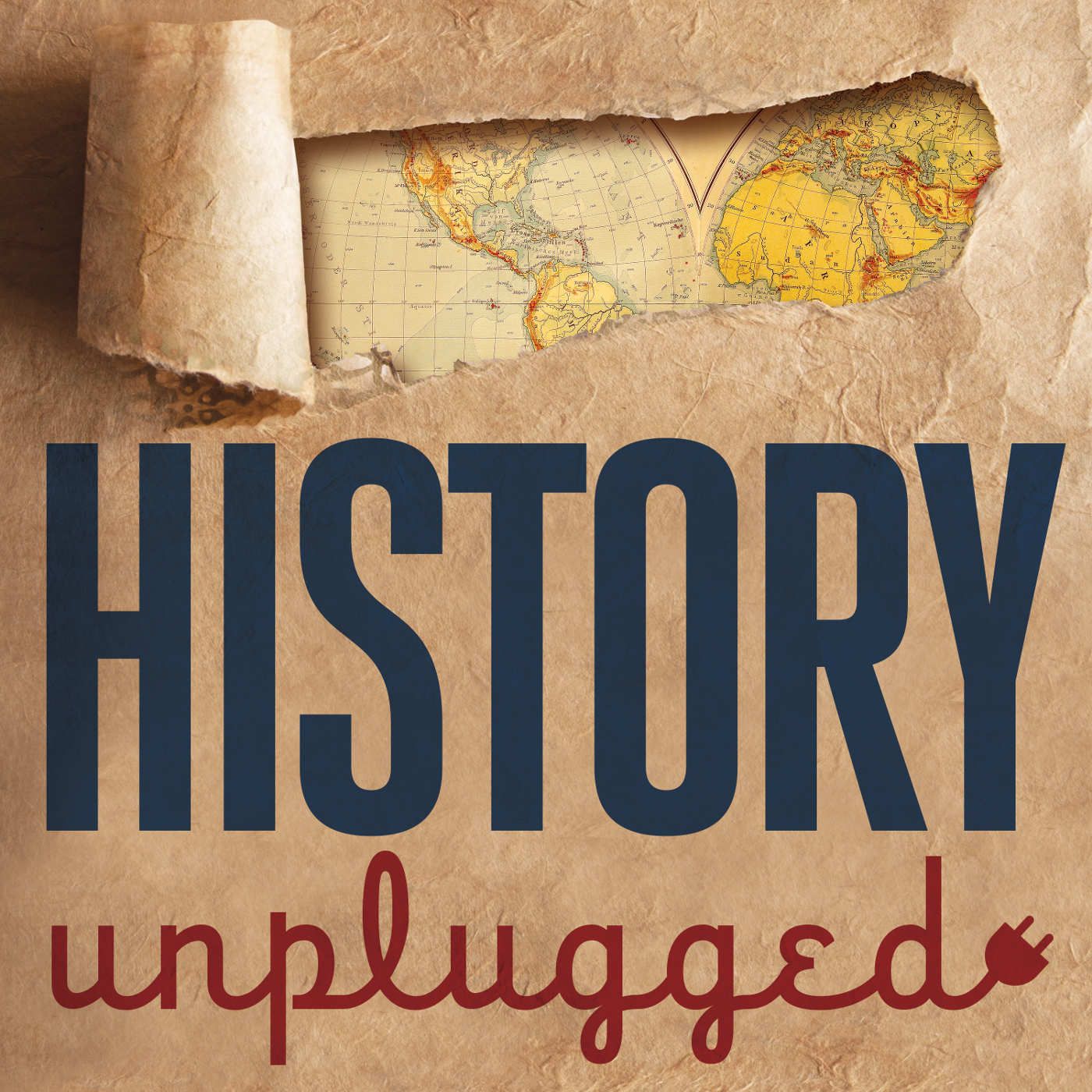- History
- SEE MORE
- classical
- general
- talk
- News
- Family
- Bürgerfunk
- pop
- Islam
- soul
- jazz
- Comedy
- humor
- wissenschaft
- opera
- baroque
- gesellschaft
- theater
- Local
- alternative
- electro
- rock
- rap
- lifestyle
- Music
- como
- RNE
- ballads
- greek
- Buddhism
- deportes
- christian
- Technology
- piano
- djs
- Dance
- dutch
- flamenco
- social
- hope
- christian rock
- academia
- afrique
- Business
- musique
- ελληνική-μουσική
- religion
- World radio
- Zarzuela
- travel
- World
- NFL
- media
- Art
- public
- Sports
- Gospel
- st.
- baptist
- Leisure
- Kids & Family
- musical
- club
- Culture
- Health & Fitness
- True Crime
- Fiction
- children
- Society & Culture
- TV & Film
- gold
- kunst
- música
- gay
- Natural
- a
- francais
- bach
- economics
- kultur
- evangelical
- tech
- Opinion
- Government
- gaming
- College
- technik
- Jesus
- Health
- movies
- radio
- services
- Church
- podcast
- Education
- international
- Transportation
- Other
- kids
- podcasts
- philadelphia
- Noticias
- love
- sport
- Salud
- film
- and
- 4chan
- Disco
- Stories
- fashion
- Arts
- interviews
- hardstyle
- entertainment
- humour
- medieval
- literature
- alma
- Cultura
- video
- TV
- Science
- en
How China Changed Its Language From Archaic Confucian Bureaucracy to the Lingua Franca of Globalization

b'After a meteoric rise, China today is one of the world\\u2019s most powerful nations. Just a century ago, it was a crumbling empire with literacy reserved for the elite few, as the world underwent a massive technological transformation that threatened to leave them behind.
Today\\u2019s guest is Prof. Jing Tsu, author of \\u201cKingdom of Characters: The Language Revolution that Made China Modern.\\u201d She argues that China\\u2019s most daunting challenge was a linguistic one: the century-long fight to make the Chinese language\\u2014with its many dialects and complex character-based script\\u2014accessible to the modern world of global trade and digital technology.
We discuss the connection between language and power, challenges China faced to ensure their language remained dominant/widespread, the innovators who adapted the Chinese language to a world defined by the West and its alphabet, AND it was so important for China to preserve its ancient character set, even though it was seen as such a hindrance to their technological development.'